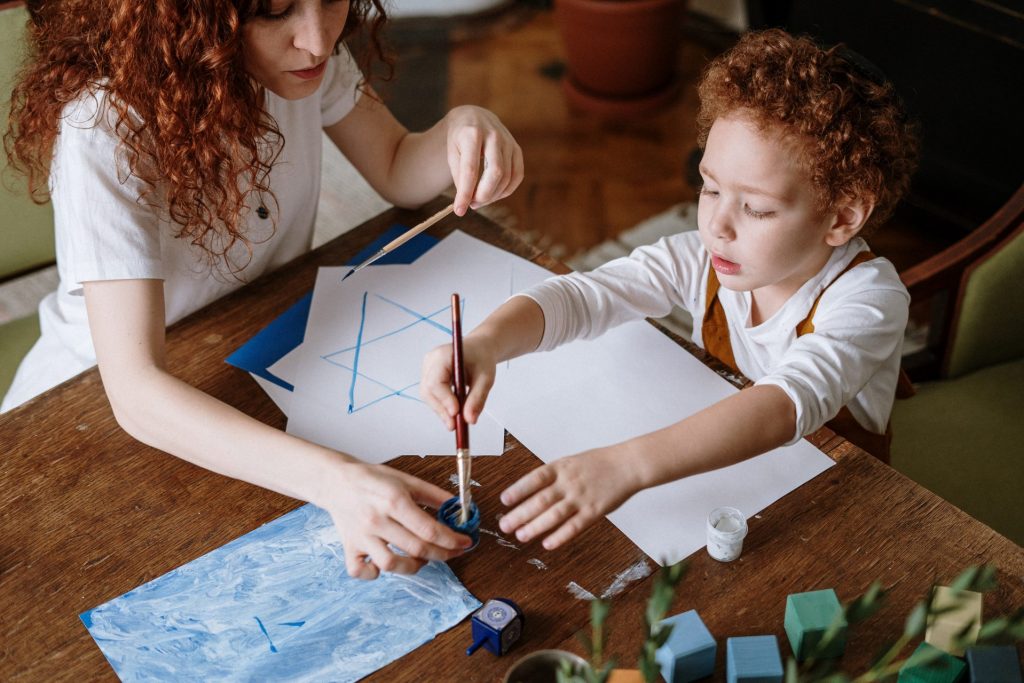Dr Lindsey Cameron, Senior Lecturer in Psychology and Director of Education in the School of Psychology, provides expert advice for keeping children social at home during the COVID-19 lockdown. She said:
‘One of the most challenging things about lockdown is seeing how much our kids are missing their friends. Having down time to play with friends, on their own terms, is essential for children’s development and well-being. The internet has provided many ways for children to interact remotely, and maintain those friendships…’
Her tips are:
- Think about what your kids enjoy doing with their friends. The best way to keep kids social in lockdown is to try and recreate that at home, with siblings, parents or online.
- Switch off from parent mode, even just for a little while, and play with your kids as their peers would: get messy, run around, play games, have quiet time, build on their creative ideas, and let them take the lead.
- Encourage and praise your children when they play with their siblings. Make sure they know you are proud of them.
- Socialising online e.g. Zoom, FaceTime: This is great for reminding children that they have friends in the same situation as them. But some kids find it overwhelming or just not that interesting – this isn’t how they normally play with each other. Keep these sessions short, and don’t build them up too much.
- Recreate the fun of playing in person, online: use games like scavenger hunts or hangman, or lego to make it more interactive and fun.
- Embrace the slower pace: without rushing around from school to clubs, to birthday parties and playdates, this gives our kids a chance to slow down, enjoy being at home, playing with their toys, and families.
- If children get sad about not seeing their friends, get them to reflect on what they’ve been enjoying about lockdown, and that they’ll be together again with their friends soon having fun.
Read the full story on the Kent News Centre here.
Dr Lindsey Cameron‘s area of research is social developmental psychology. She is interested in how children become ‘social beings’: how do children develop the social knowledge and skills that we have as adults take for granted?

